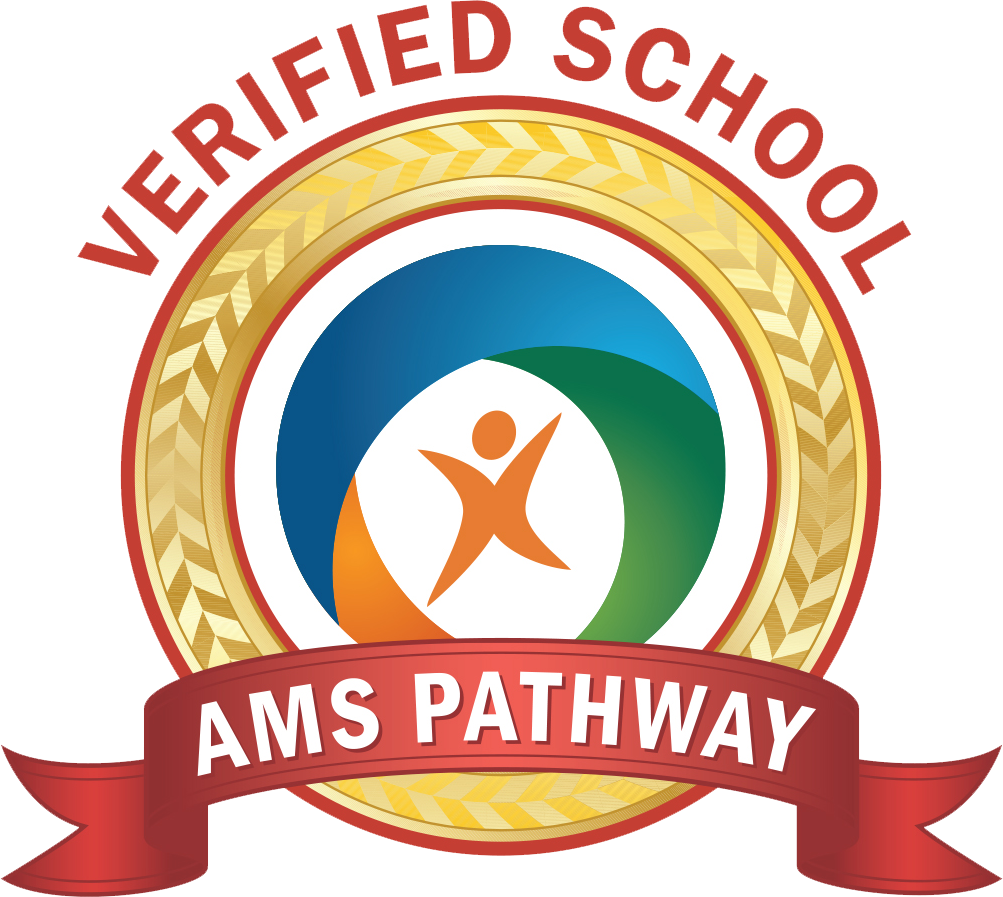How Montessori Helps Children Realize Their Full Potential
It is the child’s potential that brought Montessori to say, “I have discovered the child.” She honored the child for the immense curiosity, drive to learn, and unique interests and talents that she saw within every little being from birth! Therefore, her approach to the child and the educational method was all about the child’s journey of self-discovery, full expression of that potential, and finding her/his place in the world.
So many forms of education disregard the development phases of the child and impose the adult’s notions of the things we think must be learned. The factory model is still prevalent. The notion that the child is an empty vessel to be filled and to fit in a specific place is still behind the structure of conventional schools. The basic premise of this model disregards the unique potential in each child and generally suffocates the natural curiosity and drive of the child, the best tools for discovering his/her own potential.
When we discuss potential, do we mean the potential to become what we have in mind for a particular child to be or do we mean for the child to discover her own unique potential through a nurturing open learning process? Montessori education was created to nurture the child’s own journey of discovery and self-expression.
How is this done in the learning community?
- The teacher gets to know the child over a three-year period and understands his/her unique interests, challenges, talents.
- The environments are set up to enhance a child’s development and meet unique needs.
- Environments are saturated with opportunities to engage executive thinking brain functions and strategies that can be learned to help with choice making, planning, organizing.
- Imagination, creativity, enthusiasm are elements of the lessons inspiring learning and sparking the flame of curiosity and intelligence.
- Movement is directly connected to learning. Montessori classrooms accommodate this way of learning.
- By having a broad and deep curriculum at the child’s fingertips.
- By nurturing and supporting an experience of life-long learning toward educated citizenship.
- By presenting a limitless integrated base of knowledge rather than compartmentalizing subjects and limiting learning to “grade level” skills.
- Providing opportunities to develop mindfulness, concentration and self-discipline.
- Taking time to work through interpersonal challenges and encouraging perspective taking.
- Frequent and varied interactions among students and adults allow for the development of communication skills.
I would have to say that the whole of the Montessori Method is created to support the child in realizing his/her full potential. Knowing what the child is poised to explore, try out, and learn about at different ages helps us learn environments that enhance those things.
Wanda Whitehead
Director of Education
Casa di Mir Montessori

